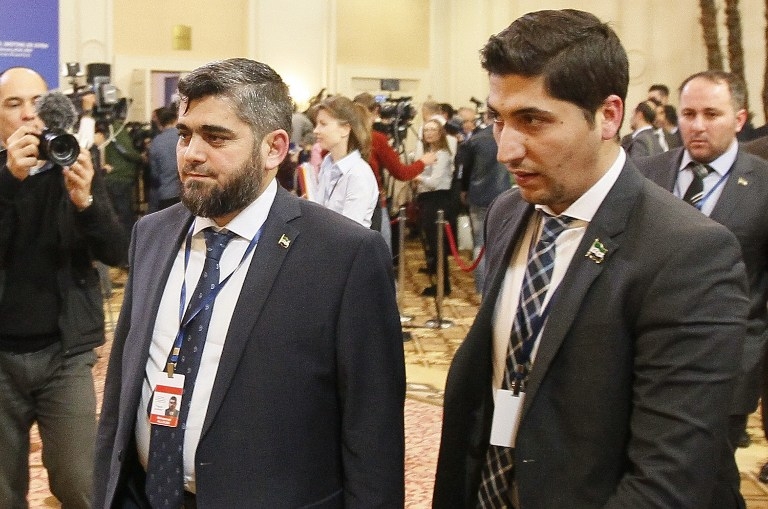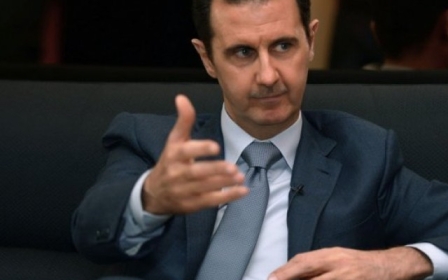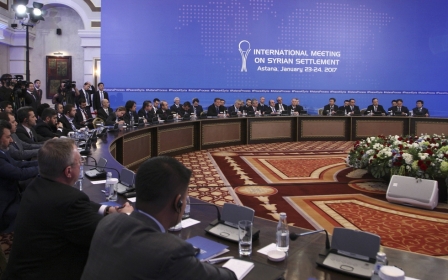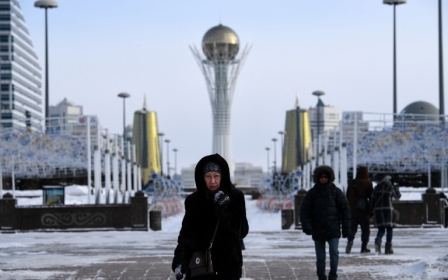Syrian rebels want Astana meeting delayed to assess ceasefire

Syrian rebel groups called for the postponement of Russian-backed peace talks in Kazakhstan this month and said further meetings would depend on whether the government and its allies adhered to a newly declared 7-20 March ceasefire.
The third round of talks is due to take place in Astana on 14-15 March. The previous meetings aimed to shore up a widely violated ceasefire between the sides that was brokered in December by Russia and Turkey, which backs the rebels.
Russia backs Syrian President Bashar al-Assad in the conflict and launched recent diplomatic efforts after its air force helped the Syrian government to defeat rebels in Aleppo in December, Assad's biggest victory of the war.
In a statement, the rebels said they had received an invitation to a third round of talks in the Kazakh capital Astana but this should be delayed until after the end of the ceasefire.
"The continuation of the meetings is linked to an assessment of the results of the ceasefire and commitment to it," the rebel groups said.
The rebels said the government and its Iranian-backed militia allies were continuing to bombard opposition-held areas near Damascus, Homs, Deraa and Idlib and preparing to storm two districts on the outskirts of the Syrian capital.
This was going on "before the eyes and ears of the Russian guarantor," the statement said. Russian warplanes had also bombed civilians, it said.
The 7-20 March ceasefire was declared by Russia's defence ministry and applies specifically to the rebel-held Eastern Ghouta region near Damascus, one of the areas the rebels said remained under attack.
The ceasefires do not include the Islamic State group or the group formerly known as the Nusra Front, which was al-Qaeda's official affiliate in the war until it formally broke off ties last year.
Middle East Eye propose une couverture et une analyse indépendantes et incomparables du Moyen-Orient, de l’Afrique du Nord et d’autres régions du monde. Pour en savoir plus sur la reprise de ce contenu et les frais qui s’appliquent, veuillez remplir ce formulaire [en anglais]. Pour en savoir plus sur MEE, cliquez ici [en anglais].




